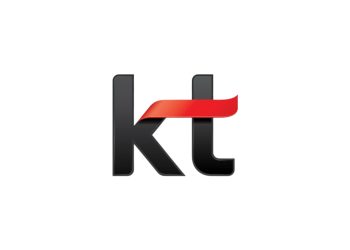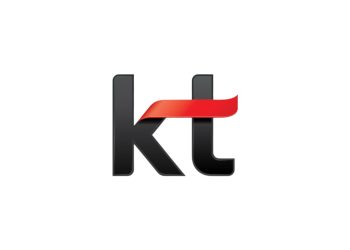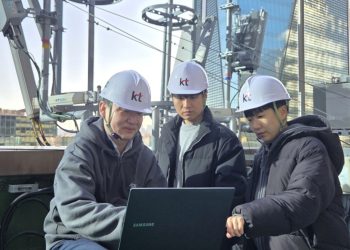The deal brings global data infrastructure expertise to Korea’s telecom network, laying the groundwork for AI-driven services and cloud expansion.
KT, one of South Korea’s largest telecommunications providers, has signed a memorandum of understanding (MOU) with U.S.-based DigitalBridge Group to jointly develop AI data centers. The agreement, signed on November 25 at KT’s Seoul headquarters, marks the beginning of a strategic partnership aimed at strengthening Korea’s AI computing capacity and expanding into global AI infrastructure markets.
KT said the initiative aligns with the surging demand for high-performance computing across the Asia-Pacific region. The collaboration will focus not only on domestic deployment but also on identifying international expansion opportunities, particularly in regions where AI data center demand is rapidly growing.
Why DigitalBridge Matters
DigitalBridge — which manages about $108 billion in assets — specializes in data centers, fiber networks, cloud infrastructure and has recently expanded into AI-focused facilities. KT expects DigitalBridge’s investment capacity and operational expertise to significantly accelerate Korea’s data center capabilities.
DigitalBridge’s key strengths:
- Global portfolio of data center and cloud infrastructure assets
- Active investments across North America and Europe
- Track record in scaling AI-ready digital infrastructure
KT believes this partnership could help Korea compete with regional AI hubs such as Singapore and Japan.
Building AI Data Centers: Full-Life-Cycle Approach
The collaboration will span the entire development lifecycle — from facility design to operations. Both companies will explore:
- Strengthening connectivity between existing infrastructure
- Stabilizing operations for high-load AI processing
- Optimizing data flow between cloud platforms and telecom networks
A core focus will be integrating AI workloads efficiently — particularly for training large models and running inference systems across industrial and enterprise use cases.
ESG and Energy Efficiency at the Center
AI data centers are far more energy-intensive than traditional cloud systems. As such, KT and DigitalBridge plan to jointly research ESG-centered operational models. This will include collaboration on:
- Cooling optimization
- Power-saving technologies
- Environmentally conscious facility design
The companies indicated that sustainability will be a critical differentiator for future competitiveness.
Asia-Pacific Expansion Under Review
Beyond Korea, KT and DigitalBridge will carry out joint market research to identify business opportunities across the Asia-Pacific region. KT is also considering participation in DigitalBridge’s ongoing overseas projects, enabling faster entry into international markets without building infrastructure from scratch.
The initiative signals KT’s ambition to evolve from a domestic telecom operator into a regional digital infrastructure player.
Industry Response and Future Outlook
KT emphasized that rising demand for AI computing capacity—from cloud services, telecom firms and enterprises—requires a rapid infrastructure upgrade. Commenting on the partnership, Jung Woo-jin, Head of KT’s Strategy and Business Consulting Division, said:
“As AI use expands, securing stable infrastructure is essential. We will actively pursue market opportunities with our global partner to deliver optimal services.”
Analysts say the move comes at a critical moment — as Korean companies race to secure access to high-performance GPUs and prepare infrastructure for AI-driven services across manufacturing, cloud computing, autonomous mobility and telecommunications.
What This Means for South Korea
If executed as planned, the partnership could help:
- Position Korea as a regional AI data center hub
- Attract large-scale enterprise AI clients
- Enable global partnerships in cloud and telecom infrastructure
- Support national AI competitiveness efforts led by Samsung, SKT and Naver
By merging KT’s telecom infrastructure with DigitalBridge’s investment and operational experience, the collaboration could become a pillar of Korea’s AI industrial strategy.
Image credits: KT







